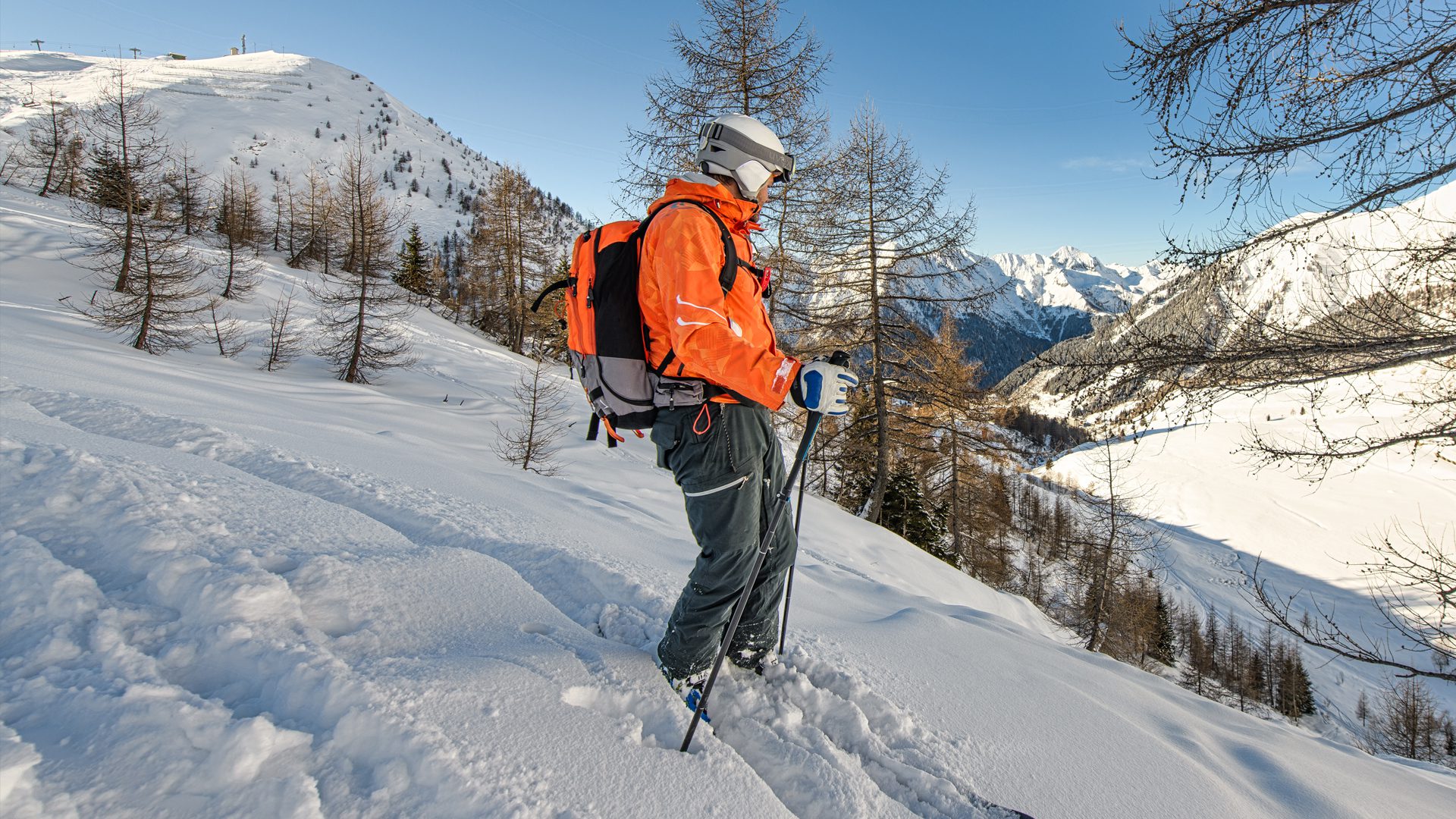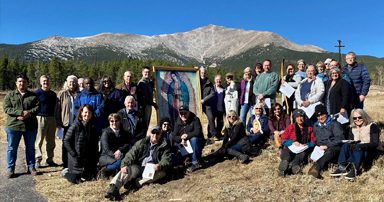THE RISK IS REAL
An avalanche is a large amount of snow and/or debris moving quickly down a mountain at speeds up to 80 mph. People caught beneath the heavy snow from an avalanche may not be able to dig out, and can die from suffocation, trauma, or hypothermia. Peak avalanche season is December through March.
PREPARE NOW
- Learn about your local avalanche risk.
- Sign up for alerts from a U.S. Forest Service Avalanche Center near you. Your community may also have a local warning system.
- Learn the signs of an avalanche and how to use safety and rescue equipment. Take first aid training to recognize and treat suffocation, hypothermia, traumatic injury, and shock.
- Travel with a guide who knows the locations to avoid. Always travel in pairs.
- Follow avalanche warnings on roads. Roads may be closed or vehicles may be advised not to stop on the roadside.
- Know the signs of increased danger, including recent avalanches and shooting cracks across slopes.
- Avoid areas of increased risk like slopes steeper than 30 degrees or areas downhill of steep slopes.
SURVIVE DURING
- Wear a helmet to help reduce head injuries and an avalanche beacon to help others locate you.
- Use an avalanche airbag that may create air pockets to give you more space to breathe and help you from being completely buried.
- Carry a collapsible avalanche probe and a small shovel to help rescue others.
- If your partner or others are buried, call 9-1-1 and then begin to search.
- Treat others for suffocation, hypothermia, traumatic injury, or shock.
KEEP SAFE AFTER
Know the signs and ways to treat hypothermia. Hypothermia is an unusually low body temperature. A body temperature below 95 degrees is an emergency.
- Signs: Shivering, exhaustion, confusion, fumbling hands, memory loss, slurred speech, and drowsiness.
- Actions: Go to a warm room or shelter. Warm the center of the body first—chest, neck, head, and groin. Keep the person dry and wrapped up in warm blankets, including the head and neck.
FOR ALL EMERGENCIES: CORAC runs a HAM radio net and Signal groups. If communication goes out for any length of time, meet outside your local Church at 9 a.m. on Saturday mornings if it is safe to do so. Tell friends at Church now in case you can’t then. CORAC teams will be out looking for people to gather in and work with.






















0 Comments